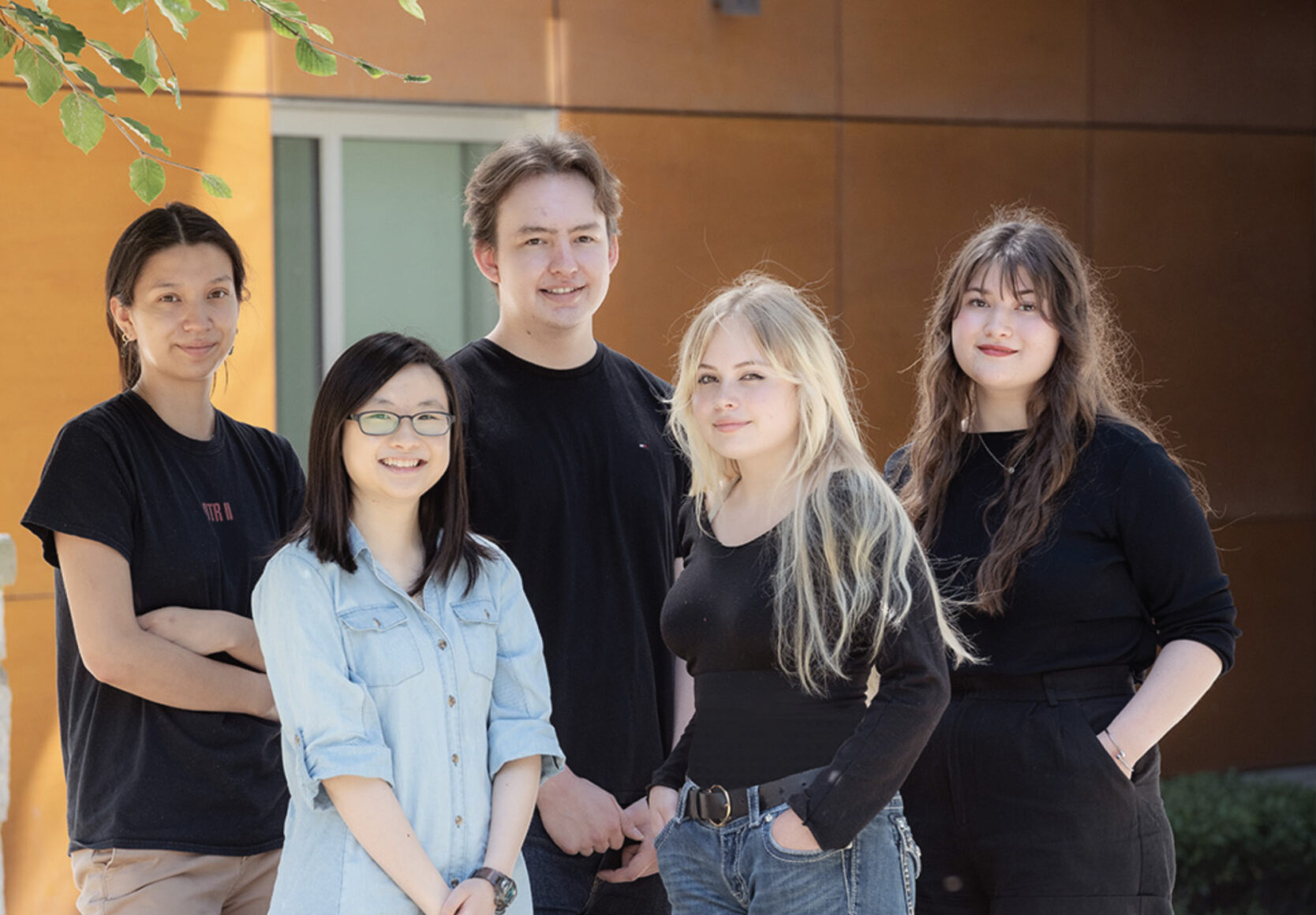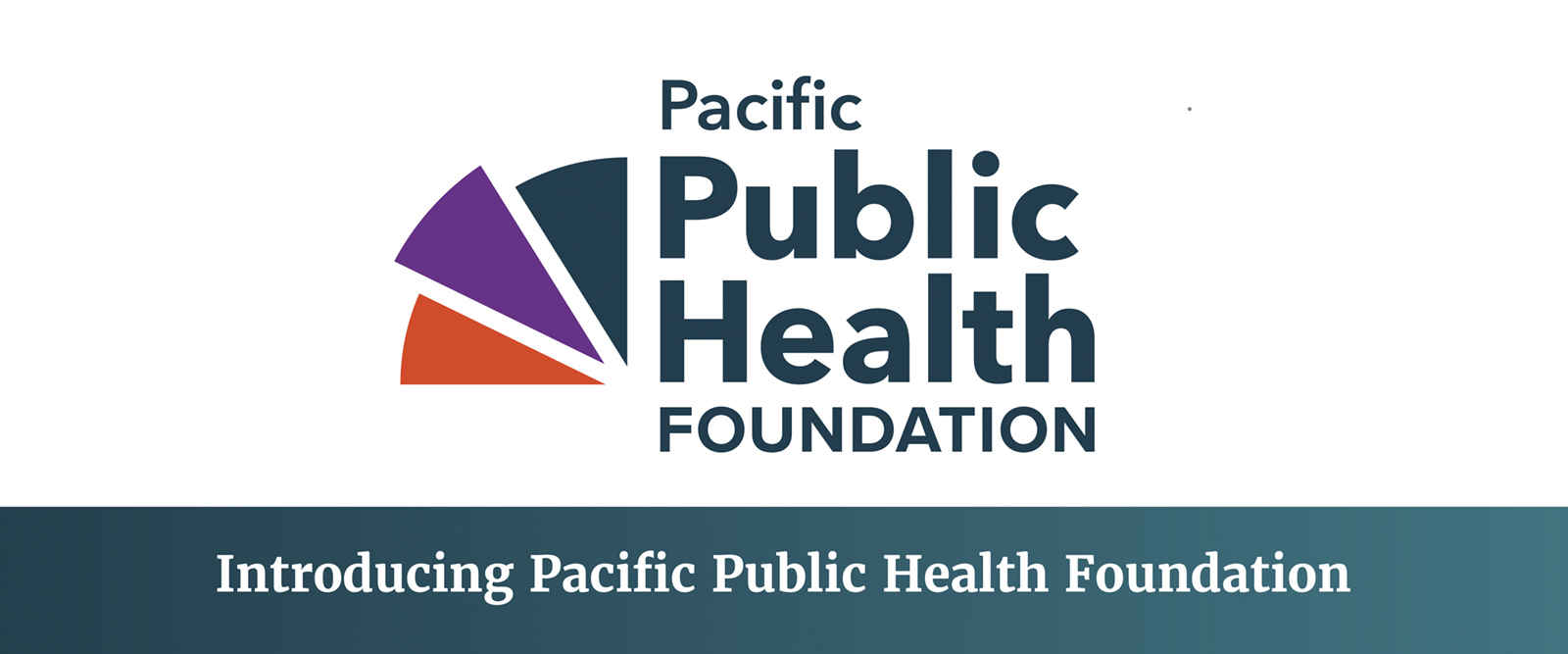In December 2020, our first two COVID-19 vaccines were approved by Health Canada.
This was not only incredibly encouraging news, but it also created an opportunity to learn about and understand how the vaccines work in the real-world, and how our vaccination program in BC will have a positive impact on the COVID-19 pandemic.
Overnight new research priorities emerged. Questions arose around vaccine performance, access, and perception.
Knowing our researchers in BC would be able to help address these questions and priorities, we leapt into action to help address the knowledge gaps related to COVID-19 vaccines.
We partnered with Genome BC and the Michael Smith Foundation for Health Research (MSFHR) in a new and unique collaboration to address vaccine research priorities, coming together to leverage and share our resources in order to develop and implement an innovative rapid-response initiative: “Rapid SARS-CoV-2 Vaccine Research Initiative in BC”.
“Now, more than ever before, British Columbians recognize and value public health leadership, and the need for us all to share responsibility for protecting the health of our population. By partnering with MSFHR and Genome BC, we can share the responsibility of funding vaccine research and ensure we’re keeping our population safe and well.”
Kristy Kerr, Executive Director, BCCDC Foundation for Public Health
The main goal of this provincial initiative is to fund BC-based research solutions in priority areas that will have significant potential for fast impact on the COVID-19 pandemic in BC.
The objective is to address questions such as:
- What is the long-term effectiveness of vaccination in preventing illness and infection and reducing transmission?
- What can we learn about the immune response to vaccination using real world data?
- What concerns do people or communities in British Columbia have and how can we counter misinformation?
- How can we overcome barriers to equitable distribution?
- How could new considerations, such as Variants of Concern, affect implementation strategies?
To guarantee real and immediate impact, we also partnered with the Academic Science Health Network to ensure engagement with public and patient populations was embedded within the research, and Population Data BC to support key access to data needs in a timely fashion. These two key pieces will help researchers to ensure that their results can have the intended impact—real-time results to provide solutions to vaccine questions that will advance COVID-19 vaccination in BC.
The projects represent a range of studies, all with an emphasis on addressing urgent issues; at their core they all focus on our public health response and ensuring access to and confidence in vaccination programs for everyone in BC. It’s critical research such as this that has, and will continue, to address COVID-19, and help us get closer to putting an end to our pandemic in BC.
With a collective funding allocation of around $1.3M, this initiative is able to support 9 research projects that will address areas such as:
- vaccine breakthrough infections;
- vaccine effectiveness in the context of Variants of Concern and in immune response;
- viral transmission;
- equitable distribution;
- vaccine acceptance and attitudes towards vaccines; and
- vaccine literacy and hesitancy among people who are pregnant or breastfeeding, people who are incarcerated, people who work in long-term care homes and a variety of multicultural communities in the Lower Mainland.
This is collaboration at its best—when we authentically work together with a shared goal and vision the impact is clear—Genome BC and MSFHR are essential research funding organizations in BC, and by joining forces we will move the dial on vaccine research much faster.
We’d like to thank Genome BC and MSFHR for their commitment to supporting critical research in BC, and for their willingness to work together to help combat the COVID-19 pandemic.
Project summaries:
Daniel Ting, UBC
Vaccine Effectiveness of Variants in British Columbia
The Canadian COVID-19 Emergency Department Rapid Response Network (CCEDRRN) has harmonized data collection for COVID-19 tested patients across 50 emergency departments in 8 provinces, including BC. This new project will leverage CCEDRRN’s existing and growing registry infrastructure to determine the real-world effectiveness of vaccines in BC in reducing severe COVID-19, as documented by emergency admission. Research efforts will specifically focus on vaccine effectiveness against the P.1 Variant of Concern circulating in BC, and on effectiveness of a single dose to assess outcomes of Canada’s dose delay. This study will provide critical real-world data about vaccine performance and support key study sites in the Lower Mainland.
Zabrina Brumme, Simon Fraser University (SFU)
COVID-19 vaccine immune response with HIV
This project will evaluate the magnitude and duration of COVID-19 vaccine immune response over time in persons with and without HIV (control). Laboratory analysis investigating both antibody and cellular immune responses will also consider recognition of emerging Variants of Concern. This study also includes looking at socio-demographic and other correlates of immunity differences to try to help direct public health response around handling vaccination for individuals living with HIV and, potentially, other immunocompromised individuals.
Agatha Jassem, UBC, BC Centre for Disease Control
COVID-19 SMILES – the study of vaccine escape mutants
Vaccine escape mutants have the potential to undermine the effectiveness of the global vaccination campaign against SARS-CoV-2. The team will develop a surveillance program to detect and sequence viral variants emerging from vaccine breakthrough infections. These mutants will be tested experimentally to understand their responsiveness to vaccine-induced immunity, and modeling will be incorporated to project the impacts of vaccine escape mutants on transmission and pandemic progression in BC.
Catherine Hogan, UBC, BC Centre for Disease Control
VITAL: Vaccine Investigation of Transmission Analysis Longitudinally and Effectiveness
This project will integrate data sources to investigate (1) the impact of SARS CoV-2 vaccination on viral load and subsequent infection transmission at a population level and (2) the characteristics of individuals who have post-vaccine breakthrough infections with and without Variants of Concern. The outcome of this work will be to understand the vaccination scenarios most likely to effectively halt transmission in BC, and to help plan and prioritize public health interventions.
Sofia Bartlett, UBC, BC Centre for Disease Control
Advancing COVID‐19 vaccines in BC Prisons
A previous COVID-19 study in BC Provincial Correctional Centres in January 2021 identified that COVID-19 vaccine acceptance among people who are incarcerated (PWAI) was low, with only 59% (181/308) of PWAI surveyed indicating they would accept a COVID-19 vaccine if offered. To increase COVID-19 vaccine confidence among PWAI, the team will undertake a community-based study including PWAI in the research design process and as peer educators. Quantitative surveys will be developed with PWAI, then deployed to determine current vaccine literacy levels and concerns about COVID-19 vaccines among PWAI. Using this data, educational resources will be co-developed with PWAI, and peer-educator training provided to PWAI.
Julie Bettinger, UBC, BC Children’s Hospital Institute
COVID-19 South Asian Community Response Study
Statistics Canada estimates South Asians are 50-60% less likely to get a COVID-19 vaccine due to misinformation and fear of adverse events. Our study will identify the information needs, values, beliefs, and experiences related to COVID-19 vaccination among ethnically South Asian communities in the lower mainland of British Columbia and develop culturally appropriate communication interventions to promote COVID-19 vaccination.
Marie Tarrant, UBC Okanagan
COVID-19 vaccine hesitancy in pregnancy, breastfeeding, and parenthood
Limited data on COVID-19 vaccine developments for pregnant and breastfeeding persons as well as for children may increase vaccine hesitancy in Canada. To counter misinformation and promote vaccine uptake, this project will examine vaccine hesitancies and concerns among people who are (or planning to be) pregnant or breastfeeding and parents with young children in BC. Quantitative and qualitative data will be collected to examine COVID-19 vaccine knowledge, concerns, and vaccine hesitancy to assist in developing knowledge mobilization materials for these groups. A deeper understanding of these communities’ hesitancies will allow us to create tailored resources for these priority populations to promote vaccine acceptance.
Katelin Albert, University of Victoria
What British Columbians Know and Think about COVID-19 and Vaccinations
This research investigates Southern British Columbians’ concerns, opinions, and attitudes towards COVID-19 vaccinations and public health initiatives, and what contributes to these beliefs. In order to combat misinformation and vaccine hesitancy, this project will uncover what information people have, what they do with that information, and how it influences their attitudes towards vaccination. From those insights, these efforts will contribute to revealing the relationships between people’s views of personal and public safety, their attitudes towards vaccination, their behaviours during this pandemic, and the daily stressors and mental health needs that might lead them to draw on misinformation or adopt risky behaviours.
Valorie Crooks, SFU
The INFORM Study
The COVID-19 pandemic has created a crisis in long-term care. In Fraser Health, there have been 105 outbreaks and 426 deaths across its 85 long-term care facilities. Even with the arrival of vaccines, challenges still exist for this sector and this project will address the emerging challenge of concerningly low rates of vaccination among long-term care staff in Fraser Health. This team of researchers and integrated end-users will tackle this problem by developing and disseminating tailored informational tools through a two-pronged qualitative approach. The tools will also be more widely distributed throughout British Columbia using engaged end-user networks.



